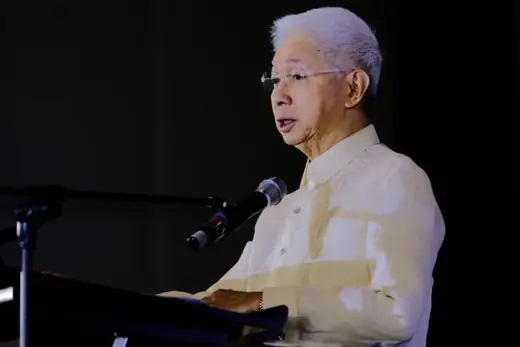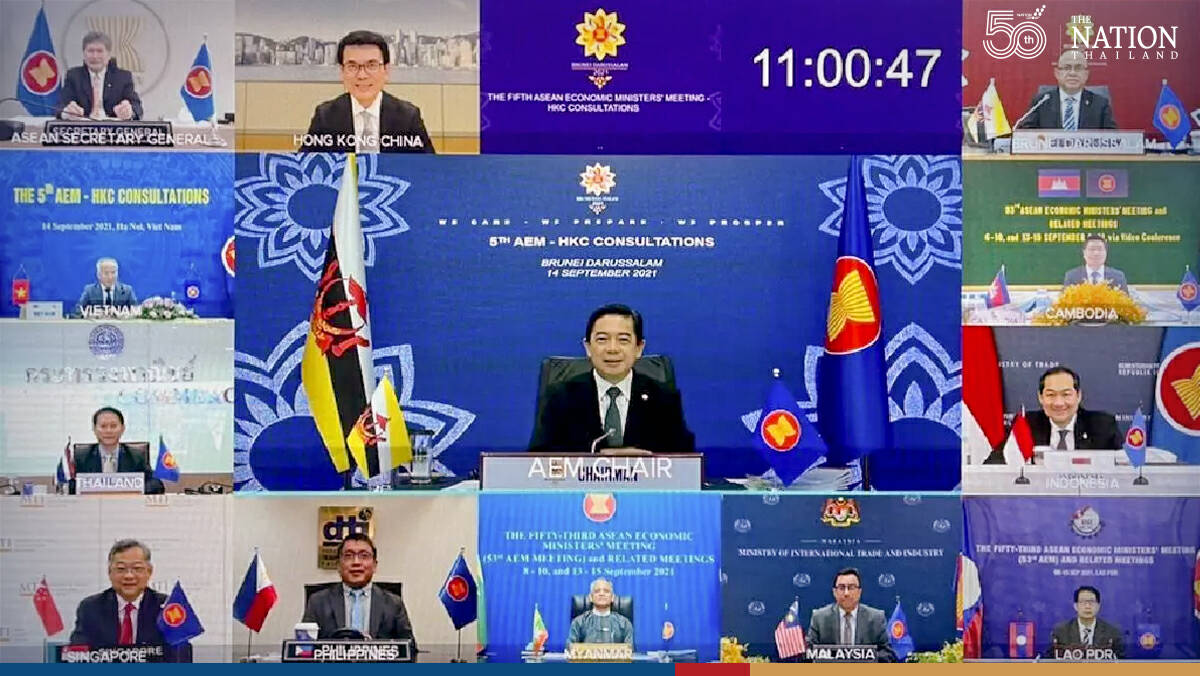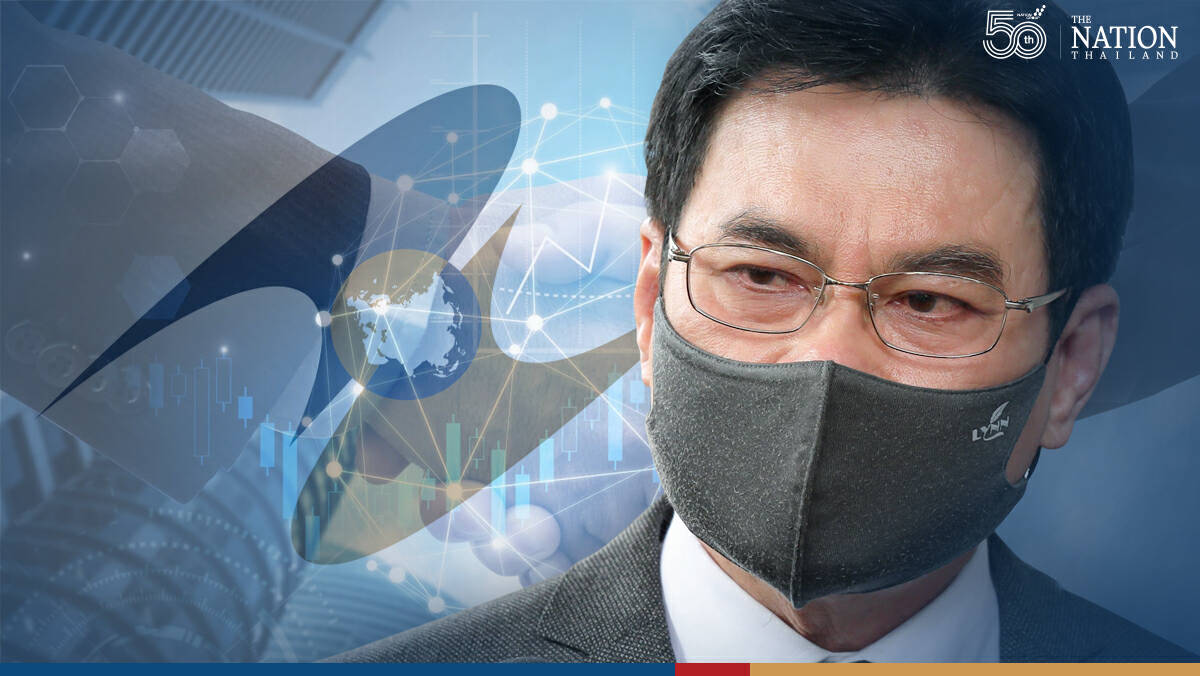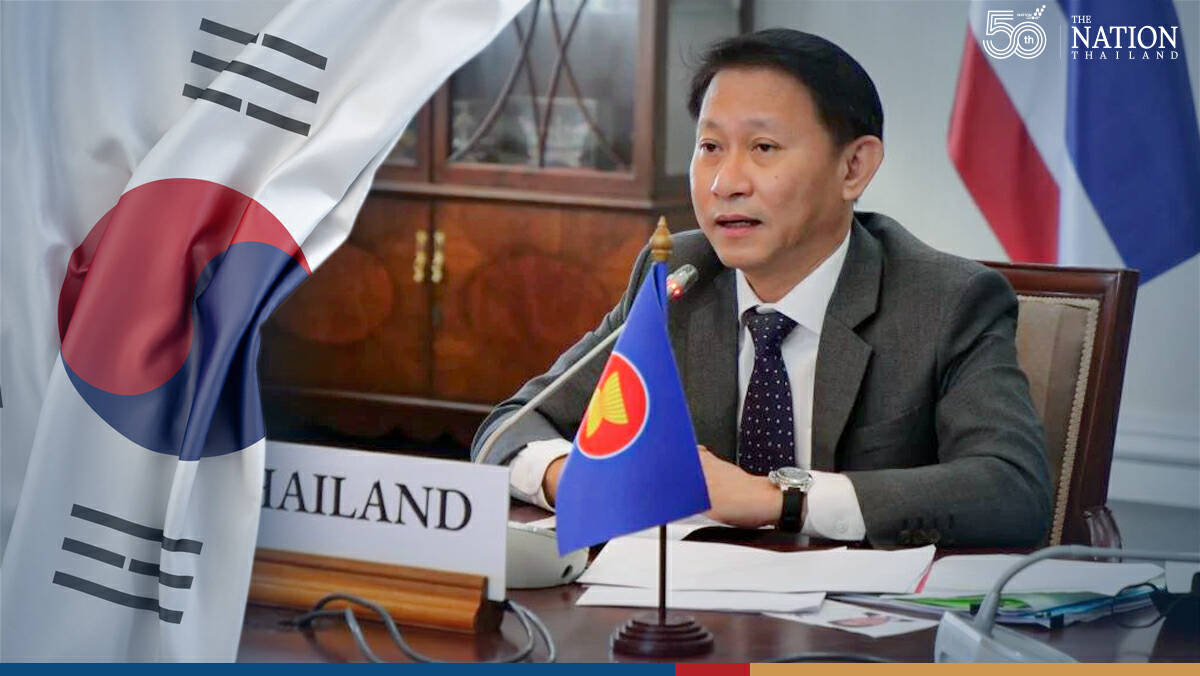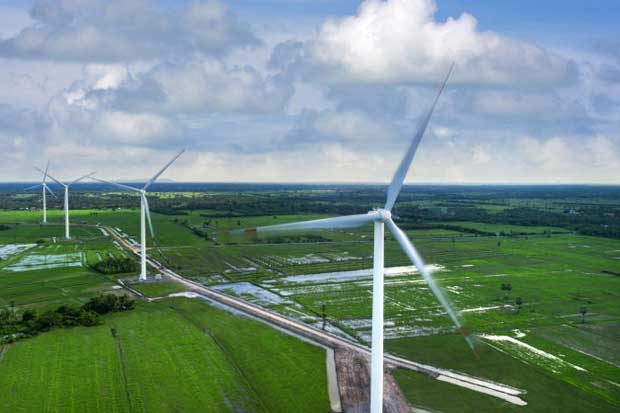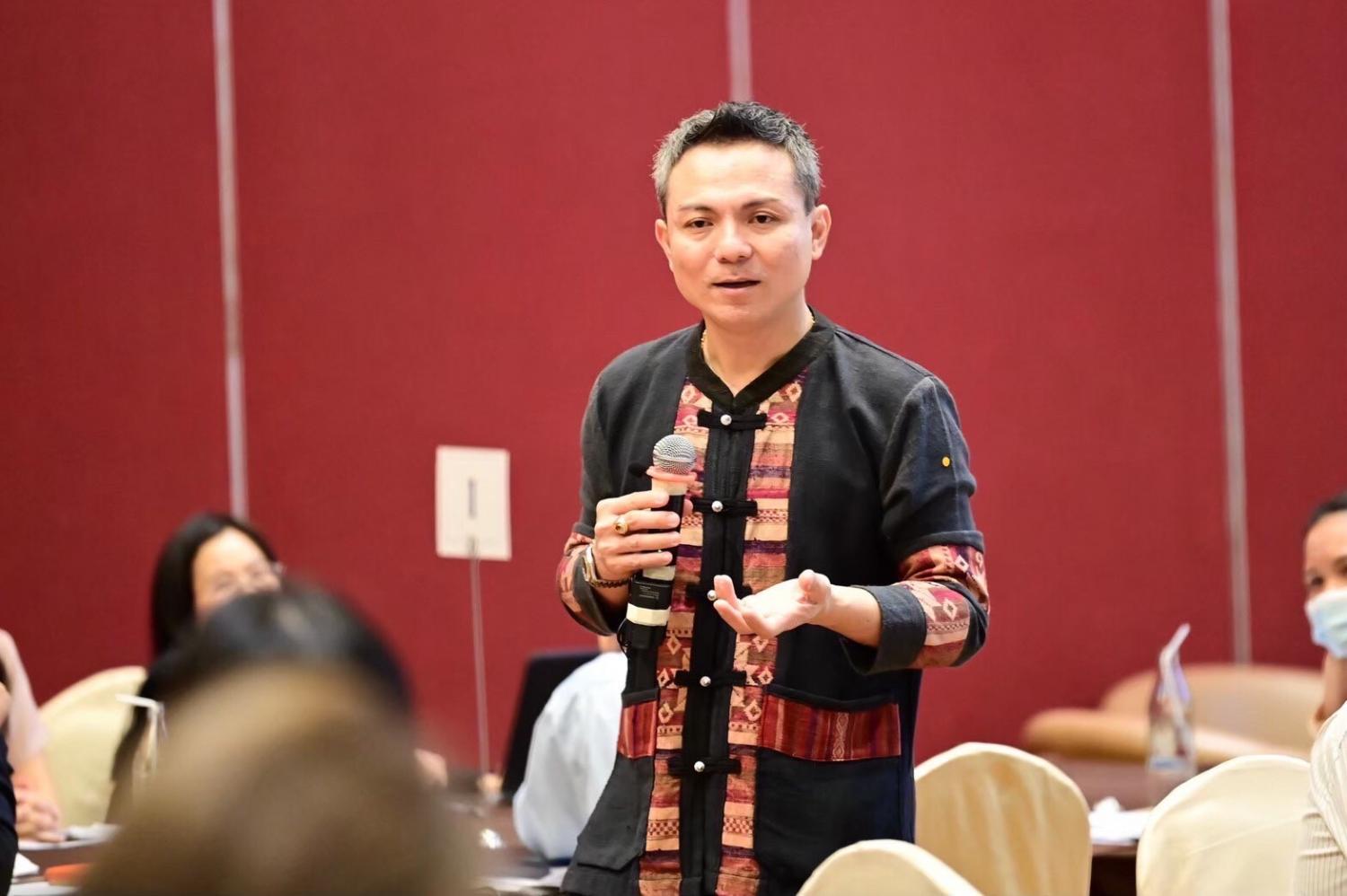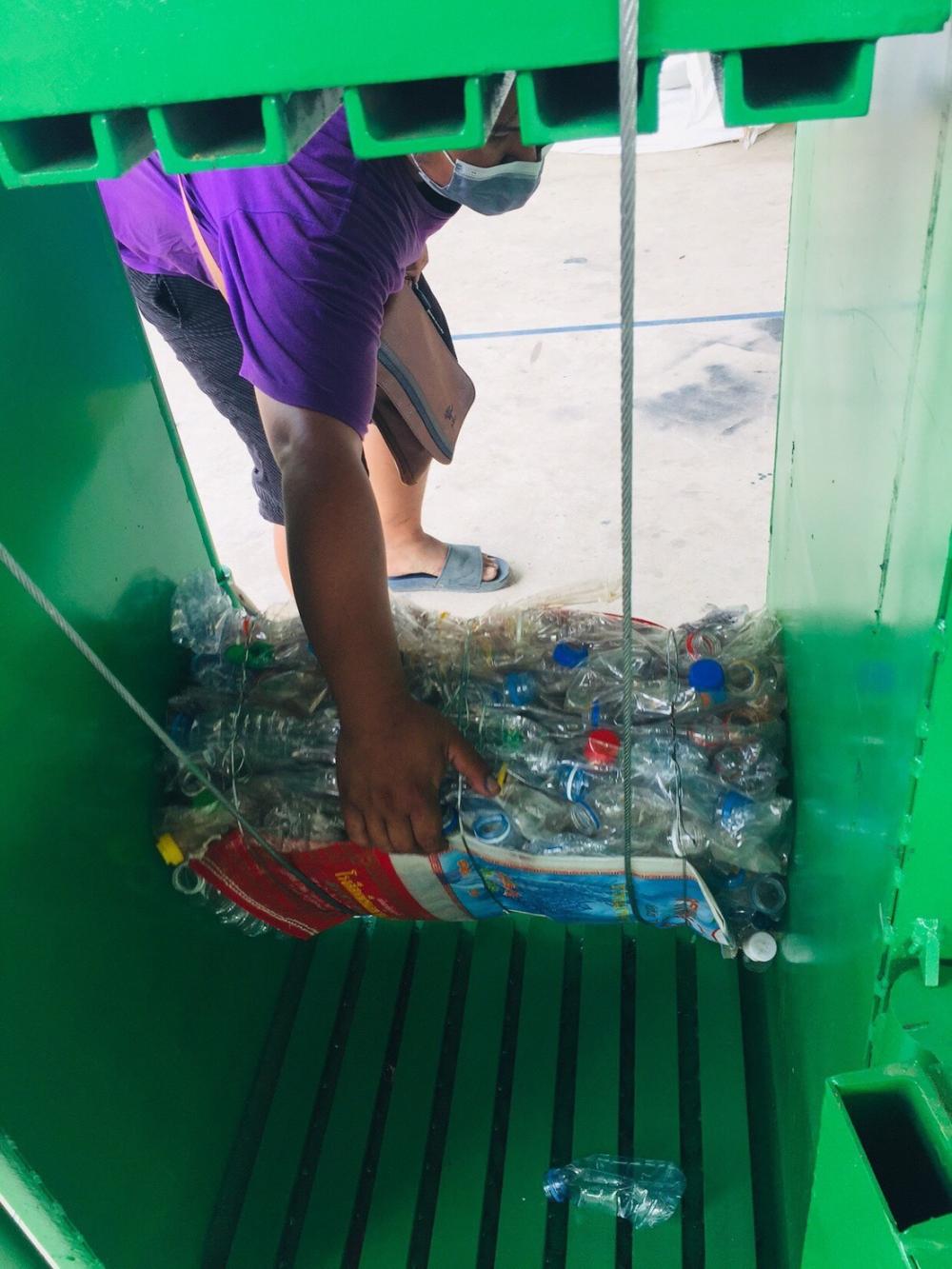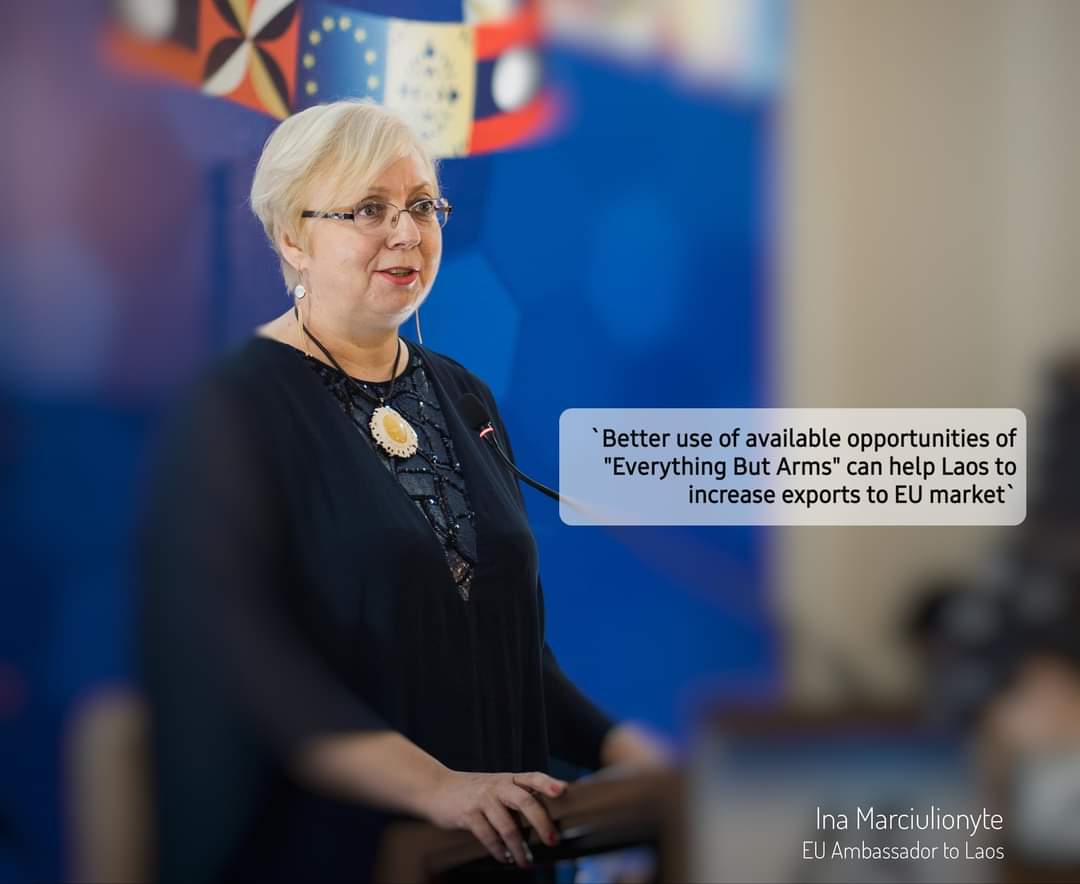165 participants take part in virtual “EBA Engagement Workshop”
How to export to the EU market using trade preferences? This question stood at the centre of the 2-day workshop hosted by the GSP Hub project in cooperation with the EU Delegation to Lao PDR on 16 and 17 September 2021.
The virtual “EBA Engagement Workshop” introduced participants to the “Everything But Arms” (EBA) which grants Least Developed Countries duty-free and quota-free access to the European market and thereby supports export growth and income generation in the beneficiary countries.
The meeting was chaired by H.E. Ms Ina Marčiulionytė, EU Ambassador to Lao PDR, and H.E. Mr Khampheng Xaysompheng, Minister of Industry and Commerce. “It is important to better understand the available opportunities and remaining challenges for target markets of the EBA”, H.E. Ms Ina Marčiulionytė stated acknowledging the objectives of the workshop. H.E. Mr Khampheng Xaysompheng further highlighted that "the EBA has contributed significantly to the growth of the Lao economy, and has enabled us to access the EU market and pursue modern development."
Together with 15 speakers from the European Union and Lao PDR, participants discussed the relevance of the “Everything but Arms” for exports to the European Union but also as an incentive for European investments in the country. The discussion also covered additional trade opportunities with a special focus on sustainable agricultural products. Speakers emphasised that new trade strategies become particularly important in view of Lao PDR’s upcoming graduation from the LDC category, which will go along with a graduation from the EBA scheme after a three-year transition period. Speakers from the European Commission’s DG Trade and the ILO introduced participants to the GSP+, an arrangement that would allow Lao exporters to maintain preferential market access. The benefits of the GSP+ are, however, bound to the ratification and effective implementation of 27 international conventions on human and labour rights, environmental protection, and good governance.
The two-day workshop was attended by in total 165 participants from different ministries and public authorities, the private sector, civil society, and academia.
More information about the GSP Hub and the Everything But Arms/ Generalised Scheme of Preferences can be found here: www.gsphub.eu
SOUTH Korean and Taiwanese chipmakers look set to ramp up their long-term footprint in Asean, even as American semiconductor companies remain the dominant player for now, says a new analysis of the region's investor attractiveness.
Still, most major South-east Asian economies fared poorly in a ranking by DBS Group Research, which assessed countries on factors such as labour cost and skill, electricity prices, infrastructure and level of digitalisation.
Singapore is the best-positioned market to clinch foreign direct investment (FDI) for semiconductor manufacturing, and Malaysia has the opportunity to upgrade from assembly and testing to fabrication, DBS economist Ma Tieying wrote on Wednesday.
This is despite Malaysia having to face short-term risks from pandemic-related supply-chain disruptions, which could cause delays in foreign investors' investment expansions.
But Ms Ma described the rest of the region as "underperformers" that rely on low labour costs to attract FDI in relatively manpower-intensive chip assembly and testing.
Further investments require significant progress in the governments' investments in education and infrastructure, and in economic and institutional reforms, she said.
The interest comes as the Asean-6 economies contributed more than one-fifth of the world's electronics exports in 2019 on the back of their rising participation in semiconductor production.
For instance, Thailand recently green-lit tax breaks for investments in wafer fabs, as well as assembly, testing and advanced printed circuit board projects, while Vietnam plans to boost its manufacturing of high-value-added electronics, Ms Ma noted.
Most foreign semiconductor investors in the region, such as Intel and Micron, are American; South Korean and Taiwanese semiconductor firms, such as TSMC, Samsung and SK Hynix, have historically preferred China for their operations.
But, besides an expected short-term ramp-up by United States companies aiming to meet surging chip demand in the region, Ms Ma projected that South Korean and Taiwanese players will raise their stakes in South-east Asia in the coming years.
"Their production facilities are mainly located in their home countries and China at present, which suggests the need for decentralisation in the context of the pandemic and China-US tensions," she said.
"It will not be surprising to see South Korean and Taiwanese semiconductor firms further expand footprints to the Asean region - in the relatively less advanced technology areas - in the years ahead."
Source: The Business Times (Singapore)
Date: 23 September 2021
The Association of South-east Asian Nations (Asean) will collaborate with its external partners to spur stronger recovery from the pandemic and lay a foundation for longer-term growth, Singapore's Trade and Industry Minister Gan Kim Yong said in a LinkedIn post on Wednesday.
"Asean and our dialogue partners exchanged views on ... the economic impact of Covid-19, and discussed cooperation areas to mitigate its impact and hasten recovery," he wrote.
His post came after the week-long Asean Economic Ministers' Consultations with the grouping's key partners, including China and the United States, wrapped up on Wednesday.
The ministers agreed to collaborate on the digital economy, including working on the exchange of electronic customs information.
They also committed to conducting a study on a region-wide digital economy pact by 2023 and to start negotiations on the Asean Digital Economy Framework Agreement by 2025.
A focus on digital transformation to enable the smooth flow of goods and services and data will help ensure the region continues to draw global trade and investments, and better position itself for growth, Mr Gan said at virtual meetings with his counterparts last week.
The grouping also agreed to work with Japan on innovation and sustainability in industries, urban areas and rural areas, and held inaugural consultations on economic cooperation with Britain.
"We also discussed enhancing our existing free-trade agreements with our dialogue partners such as Australia-New Zealand, China and Korea, and working towards the ratifying the Regional Comprehensive Economic Partnership Agreement in early 2022," Mr Gan said.


